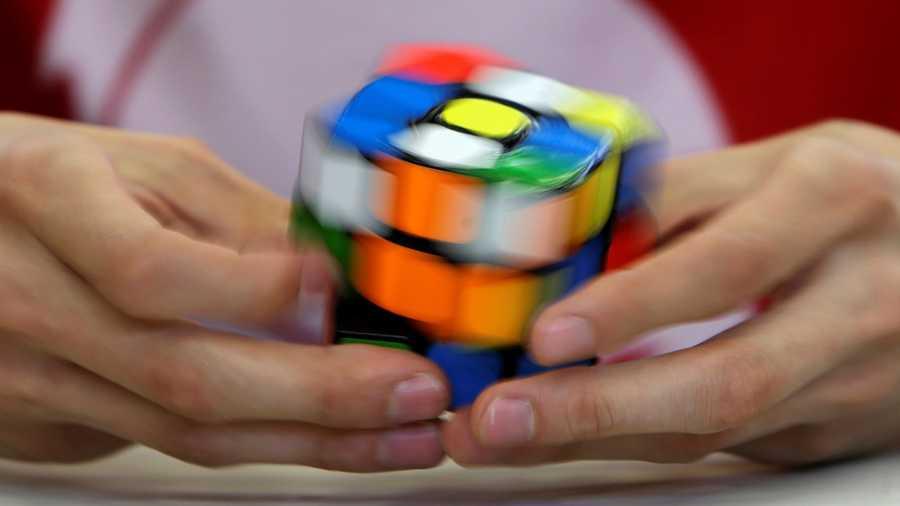Solving Problems
Problems have to be understood fundamentally before they are to be solved.
A problem may not just be a question requiring an answer but may require a process, and a methodology to see what cannot be seen easily.
130
427 reads
CURATED FROM
IDEAS CURATED BY
The idea is part of this collection:
Learn more about personaldevelopment with this collection
Understanding the importance of decision-making
Identifying biases that affect decision-making
Analyzing the potential outcomes of a decision
Related collections
Similar ideas to Solving Problems
2. Don't be afraid of Problems
Problems are your friends, don't mind it tackle it with your whole power, whether it is sum problems or life problem. To understand the problem, make the view of What, How and Why. You can solve it easily if you got the above answers.
Suppose, if you have got the math problems, ask to y...
Focusing On Customer Problems
The primary focus has to be on the problems faced by customers. Instead of features, one can opt to provide themes, based on what the customer wants and what problem is solved.
Themes are a promise to solve problems not to build features. Once you’ve truly understood customer prob...
Solving Difficult Problems
- Take moment and think of a problem bugging you and write all the reasons you think the problem is difficult to solve.
- With each of the reasons, self-verify by questioning yourself to see if it is valid or not.
- Keep asking yourself till you get to the root
Read & Learn
20x Faster
without
deepstash
with
deepstash
with
deepstash
Personalized microlearning
—
100+ Learning Journeys
—
Access to 200,000+ ideas
—
Access to the mobile app
—
Unlimited idea saving
—
—
Unlimited history
—
—
Unlimited listening to ideas
—
—
Downloading & offline access
—
—
Supercharge your mind with one idea per day
Enter your email and spend 1 minute every day to learn something new.
I agree to receive email updates

